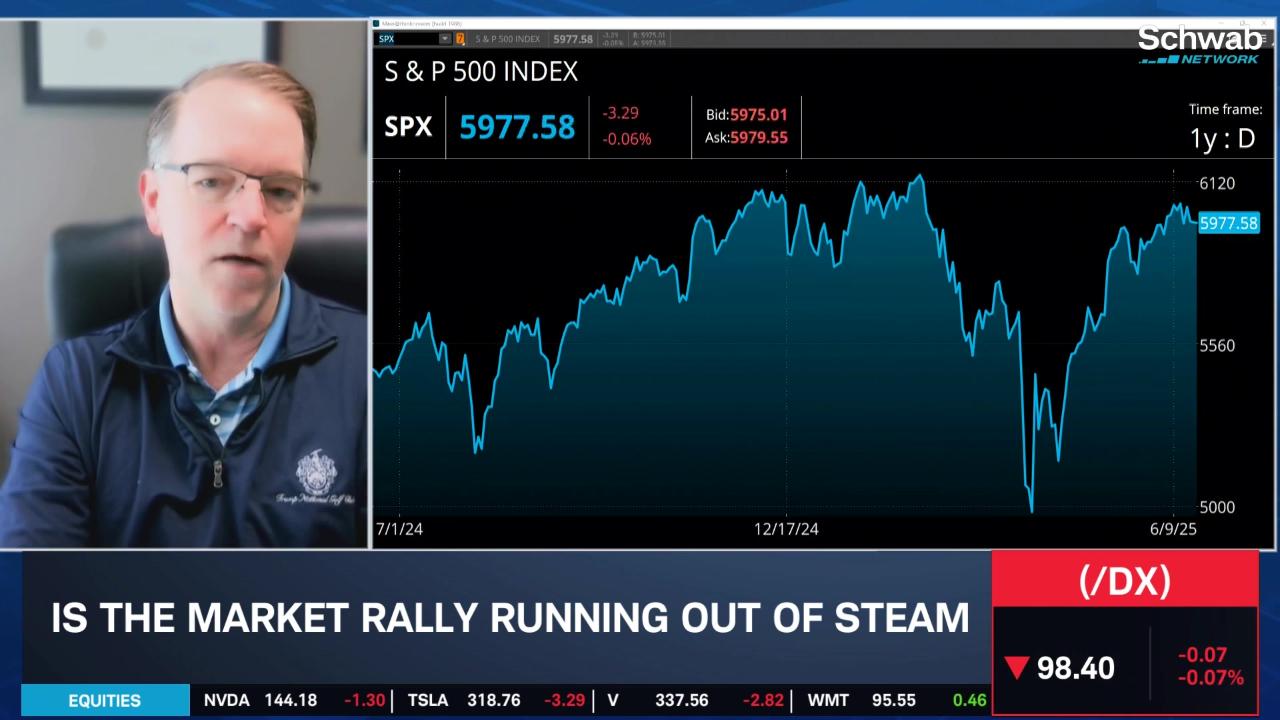- Market Minute
- Posts
- Crude Fails to Hold Gains After Strike
Crude Fails to Hold Gains After Strike

Over the weekend, the United States participated in strikes on three Iranian nuclear facilities: Natanz, Esfahan, and the Fordow site, which has become a major focal point in the ongoing conflict.
In the immediate aftermath, concerns over the potential spread of the conflict gained momentum. When futures opened on Sunday evening, WTI crude spiked to $78.40 per barrel but has since given up those gains. Why is that?
The oil markets are closely watching two key aspects of the conflict that could significantly impact global supply and logistics:
1) Potential Iranian restrictions on tanker traffic through the Strait of Hormuz
2) Risk of oil infrastructure becoming targets—both within and outside Iran
As of this writing, Iranian naval forces have not disrupted traffic in the Strait of Hormuz. However, some private shipping companies are taking precautionary measures, such as rerouting vessels or delaying transits out of an abundance of caution. While the physical flow of oil remains uninterrupted, the market has seen a rise in tanker rates and insurance premiums in response to perceived risks.
Although energy infrastructure has been targeted in both Iran and Israel, the facilities affected so far appear to be primarily involved in domestic production and consumption. Consequently, the market has not yet shown significant concern about global supply disruptions. That said, the situation remains extremely fluid, and the landscape could shift rapidly.
Looking ahead, here are several key developments to monitor this week that could influence energy markets:
• Russian officials are meeting with Iranian leadership today. Pay close attention to any joint statements or press releases that may reveal Russia’s stance—whether it intends to offer military support or limit its role to humanitarian or civil aid.
• Watch for any direct Iranian military action targeting Israeli or U.S. assets in the region, including military bases. Notably, Reuters reported this morning that the U.S. Embassy in Qatar has advised American citizens to shelter in place until further notice.
• Any additional strikes or deployments by the United States could signal a deeper and more prolonged involvement in the conflict.
At present, although volatility in the energy markets is evident—particularly in options pricing—traders continue to sell into significant price strength unless the situation materially deteriorates. Meanwhile, producers may take advantage of elevated prices by locking in hedges on physical inventory or future production, increasing short positions to protect or enhance margins.
Morning Minute
Featured Clip
Tune in live from 8 a.m. to 5 p.m. ET, or anytime, anywhere, on‑demand.
Or stream it via thinkorswim® and thinkorswim Mobile, available through our broker-dealer affiliate, Charles Schwab & Co., Inc
Please do not reply to this email. Replies are not delivered to Schwab Network. For inquiries or comments, please email [email protected].
See how your information is protected with our privacy statement.
Charles Schwab and all third parties mentioned are separate and unaffiliated, and are not responsible for one another's policies, services or opinions. Schwab Network is brought to you by Charles Schwab Media Productions Company (“CSMPC”). CSMPC is a wholly owned subsidiary of The Charles Schwab Corporation and is not a financial advisor, registered investment advisor, broker-dealer, or futures commission merchant.

